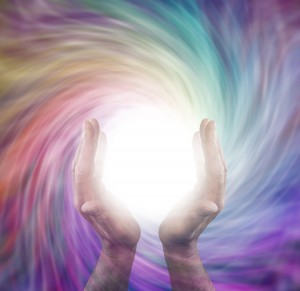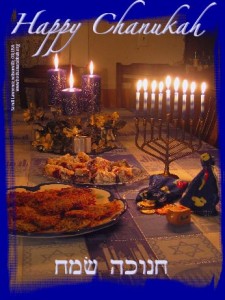Please note: When I first posted this article, I titled it, “The Christians are right about who Yeshua is!” Then I had a second thought, and changed the title to “The Christians are ALMOST right about who Yeshua is!” Here’s why I added the word “almost”:
The Christians are right about the deity, incarnation, virgin birth and his atonement death on the cross. They aren’t right, however, in recognizing him to the the “God” of the Old Testament who gave the Torah-law to the Israelites. Most believe that this was the Father.
When I wrote the first title, I was thinking about the first part of what I say above. When I changed the title adding the word “almost” I was thinking about the second part of what I say above. Natan
John 1:1, The Word was Elohim. Is Yeshua or the Father the God (Elohim) of the Old Testament (Tanakh)? For many believers in Yeshua, there is confusion as to who it was in the Godhead who interacted with the Israelites in the Tankah. Was it the Father or the Son? In the minds of the apostolic writers, there was no confusion about this. Yeshua, in his preincarnate state, was the One that YHVH Elohim the Father used to both create (John 1:3; Col 1:16; Heb 11:3), and then to interact with mankind. He was the Word of YHVH Elohim, the Father, who become flesh and dwelt among men (verse 14). This truth is easily confirmed in several passages in the Testimony of Yeshua (New Testament).
First, Yeshua himself claims to be YHVH or the I Am of the burning bush (see John 8:58 cp. Exod 3:14). The Jews viewed Yeshua’s claim to be deity as blasphemous, which is why they picked up stones to kill him (John 8:59). Next, Yeshua in declaring to the Jewish religious leaders that “I send you prophets, wise men and scribes: some you will kill…” (Matt 23:34), he is claiming the rights and prerogatives of YHVH — a right and role that Continue reading



